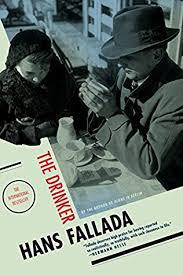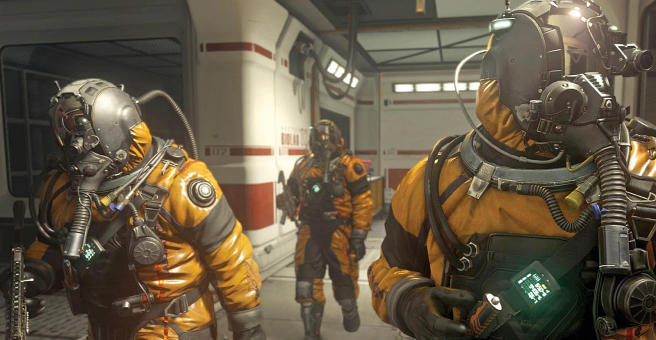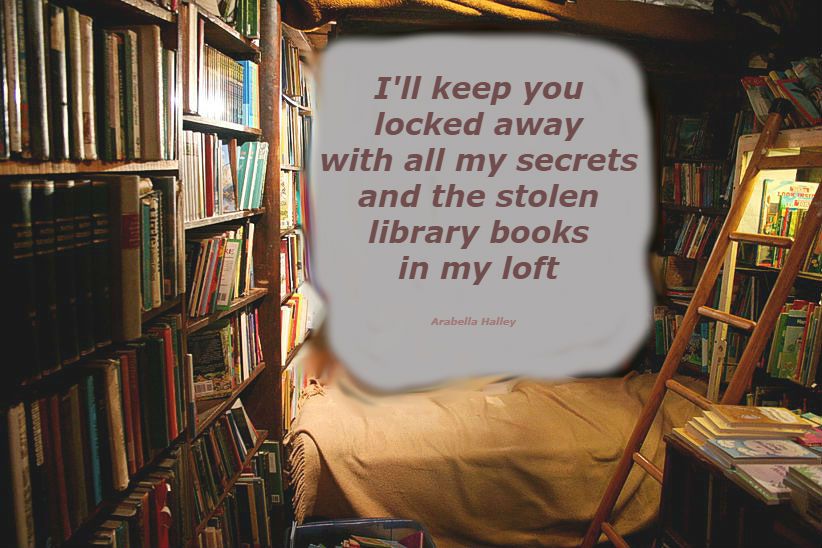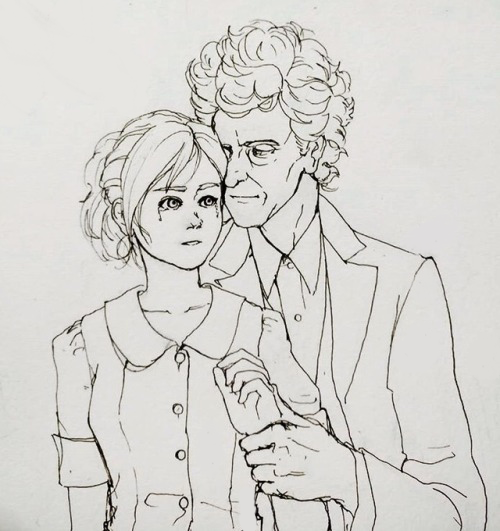
A couple of years ago I read the wonderful ‘Blood Brothers‘ by Ernst Haffner, a book which explores the desperate underbelly of interwar Germany. ‘Blood Brothers’ shows the reader life at the bottom of a society on the edge of collapse, and it was only translated into English in 2015 – the assumption being that English-language readers were not going to be receptive to historical German presentations of their society in the first half of the twentieth century. The man who changed this idea was Hans Fallada, whose 1947 novel ‘Jeder stirbt für sich allein’ was published to popular and critical acclaim in 2009 as ‘Alone in Berlin’ (in the UK) and ‘Every Man Dies Alone’ (in the US).
Although the reading projects I’ve embarked on through this blog may make it seem like my book choices are structured and organised, this is actually rarely the case. I’ve not yet read ‘Alone in Berlin’ and so seem be approaching this body of works backwards, with the little-known Haffner as my introduction to his famed and prolific contemporary. Based on a friend’s recommendation (and generous gift buying!) ‘The Drinker’ is my gateway to Fallada’s intimidating and bleak oeuvre.
‘The Drinker’ traces a man’s descent from conventional stability and success to addiction and misery. The mixture of self-knowledge, self-destruction and delusion makes for compelling reading. Take this reflection on family quarrels near the start of the book:
The first few times I still felt quite ashamed of our lack of restraint, and when I noticed that I had grieved Magda, that she was even going about with tear-stained eyes, it hurt me almost as much as it hurt her, and I swore that I would be better. But man gets used to anything, and I am afraid that perhaps he gets used quickest of all to living in a state of degradation. The day came when, at the sight of Magda’s red-rimmed eyes, I no longer swore to behave better. Instead with mingled satisfaction and surprise, I said to myself: “I gave it to you properly that time! You’re not going to get the upper hand of me always with that sharp tongue of yours!” It seemed horrible to feel that way, and yet it seemed right, it satisfied me to feel so, however paradoxical that may seem. From there, it was only a short step to the point when I consciously sought to hurt her.
Our protagonist is not always so clear sighted about his actions or motivations. I don’t want to give away too much of the plot, but it is generally read as broadly autobiographical and was actually written in an encrypted notebook when the author was locked away in an insane asylum. Towards the end it explores ideas familiar to anyone who’s read ‘One Flew Over the Cuckoo’s Nest,’ but in a setting which reminded me of books set in Nazi concentration camps as well as American and British stories about incarceration.
Translated by Charlotte and A L Lloyd, ‘The Drinker’ is short, powerful and impressive. It is both funny and tragic, at its best when the protagonist is most aware of the ‘paradoxical’ nature of his relations with others and with himself. I have, of course, added ‘Alone in Berlin’ to my reading list, while ‘The Drinker’ can join Zola’s ‘L’Assommoir’ for another classic about addiction and outcasts.
Advertisements Share this:



![20171228_122210[1]](/ai/106/644/106644.jpg)
